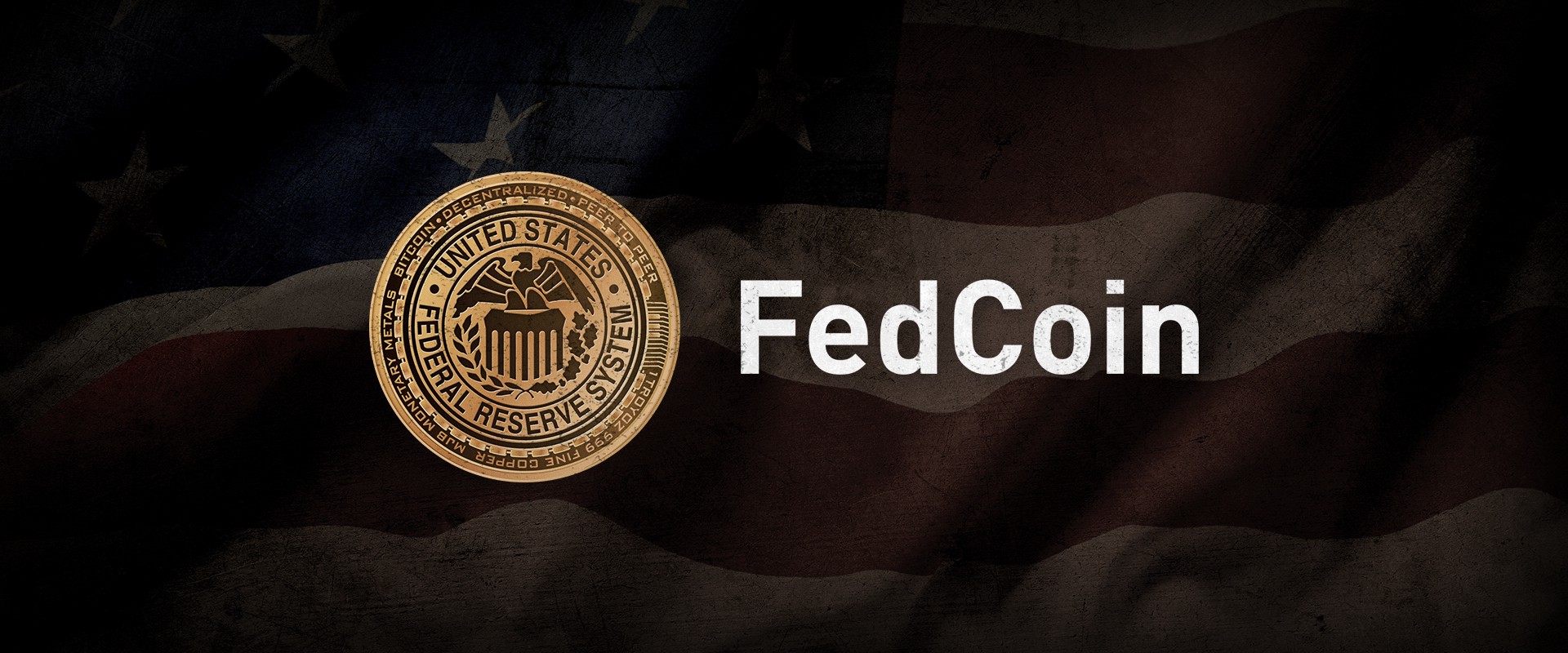PALO ALTO, Calif. (Reuters) - The Federal Reserve is looking at a broad variety of problems around digital payments and currencies, consisting of policy, style and legal factors to consider around possibly releasing its own digital currency, Governor Lael Brainard said on Wednesday. Brainard's remarks suggest more openness to the possibility of a Fed-issued digital coin than in the past." By transforming payments, digitalization Check out the post right here has the prospective to provide higher worth and convenience at lower cost," Brainard stated at a conference on payments at the Stanford Graduate School of Organization.
Reserve banks worldwide are disputing how to handle digital finance technology and the distributed ledger systems utilized by bitcoin, which assures near-instantaneous payment at potentially low cost. The Fed is developing its own day-and-night real-time payments and settlement service and is presently examining 200 comment letters submitted late in 2015 about the suggested service's design and scope, Brainard said.
Less than 2 years ago Brainard told a conference in San Francisco that there is "no engaging demonstrated requirement" for such a coin. But that was before the scope of Facebook's website digital currency ambitions were extensively understood. Fed authorities, including Brainard, have raised issues about customer protections and data and personal privacy dangers that might be presented by a Learn more here currency that could enter into usage by the third of the world's population that have Facebook accounts.

" We are collaborating with other reserve banks as we advance our understanding of reserve bank digital currencies," she stated. With more countries looking into providing their own digital currencies, Brainard stated, that includes to "a set of reasons to likewise be making certain that we are that frontier of both research study and policy advancement." In the United States, Brainard said, concerns that require study consist of whether a digital currency would make the payments system more secure or simpler, and whether it could posture financial stability risks, including the possibility of bank runs if cash can be turned "with a single swipe" into the main bank's digital currency.
To counter the monetary damage from America's extraordinary national lockdown, the Federal Reserve has actually taken unmatched steps, consisting of flooding the economy with dollars and investing straight in the economy. Many of these relocations received grudging approval even from lots of Fed doubters, as they saw this stimulus as required and something just the Fed could do.
My brand-new CEI report, "Government-Run Payment Systems Are Unsafe at Any Speed: The Case Against Fedcoin and FedNow," details the dangers of the Fed's present prepare for its FedNow real-time payment system, and proposals for main bank-issued cryptocurrency that have actually been called Fedcoin or the "digital dollar." In my report, I go over issues about privacy, information security, currency control, and crowding out private-sector competition and digital fedcoin innovation.
Proponents of Helpful resources FedNow and Fedcoin say the government must create a system for payments to deposit quickly, instead of motivate such systems in the private sector by lifting regulatory barriers. But as noted in the paper, the economic sector is offering a seemingly unlimited supply of payment innovations and digital currencies to fix the problemto the degree it is a problemof the time space between when a payment is sent and when it is gotten in a savings account.
And the examples of private-sector innovation in this area are numerous. The Clearing House, a bank-held cooperative that has actually been routing interbank payments in different types for more than 150 years, has been clearing real-time payments because 2017. By the end of 2018 it was covering half of the deposit base in the U.S.